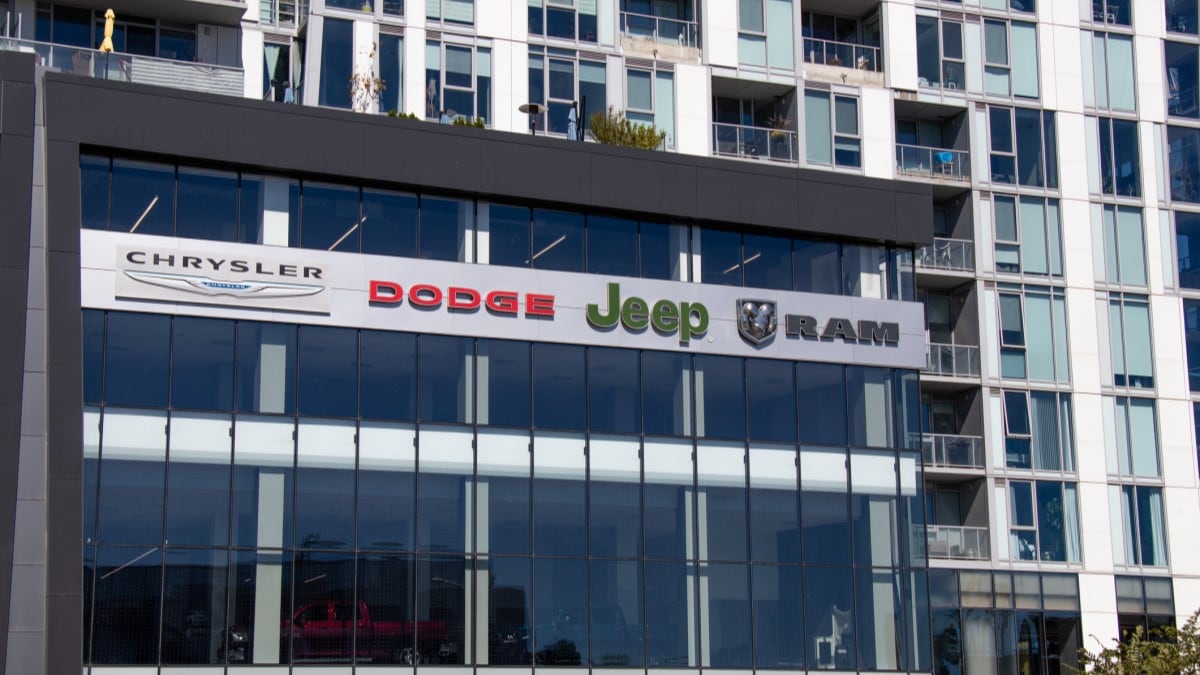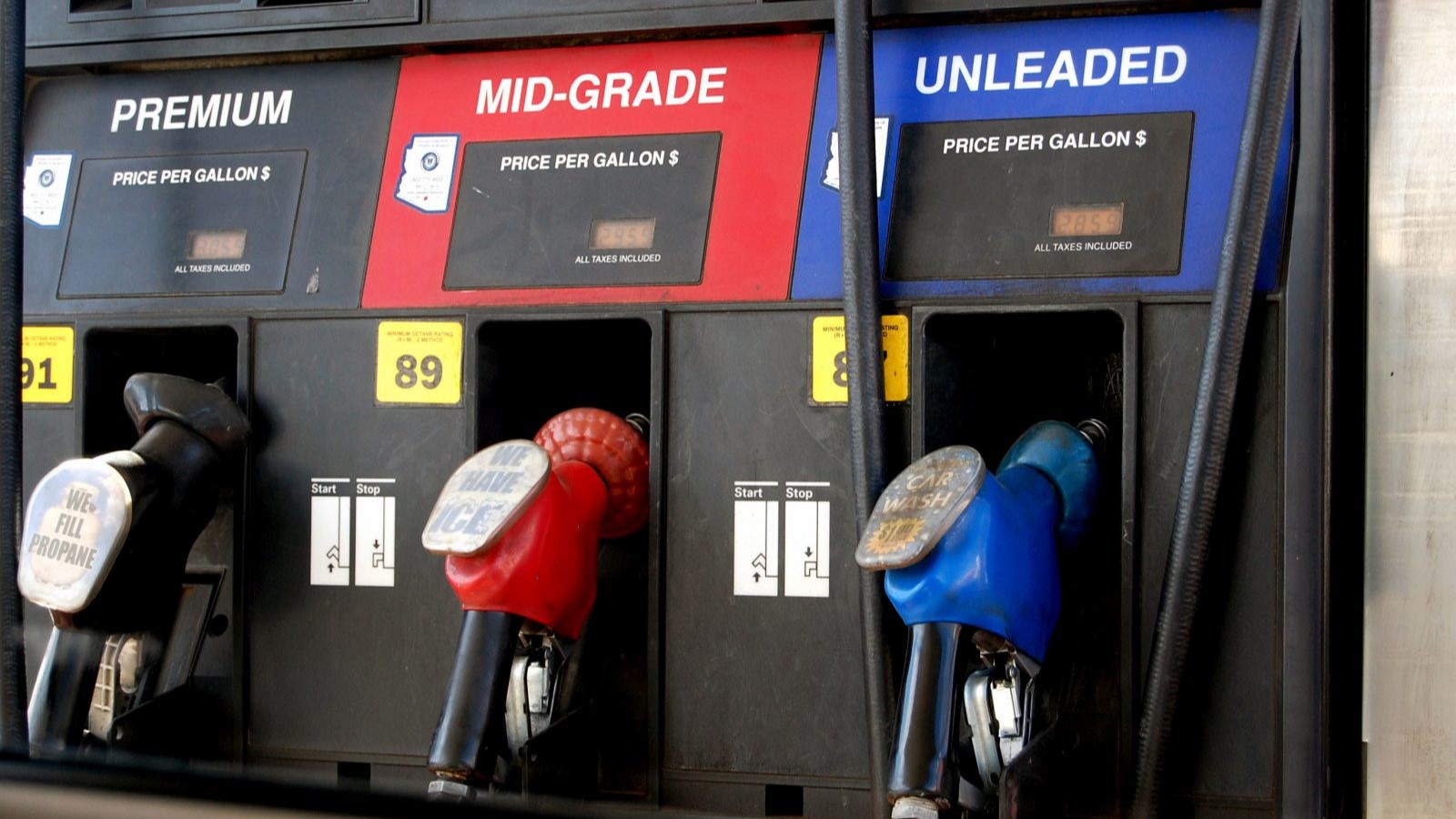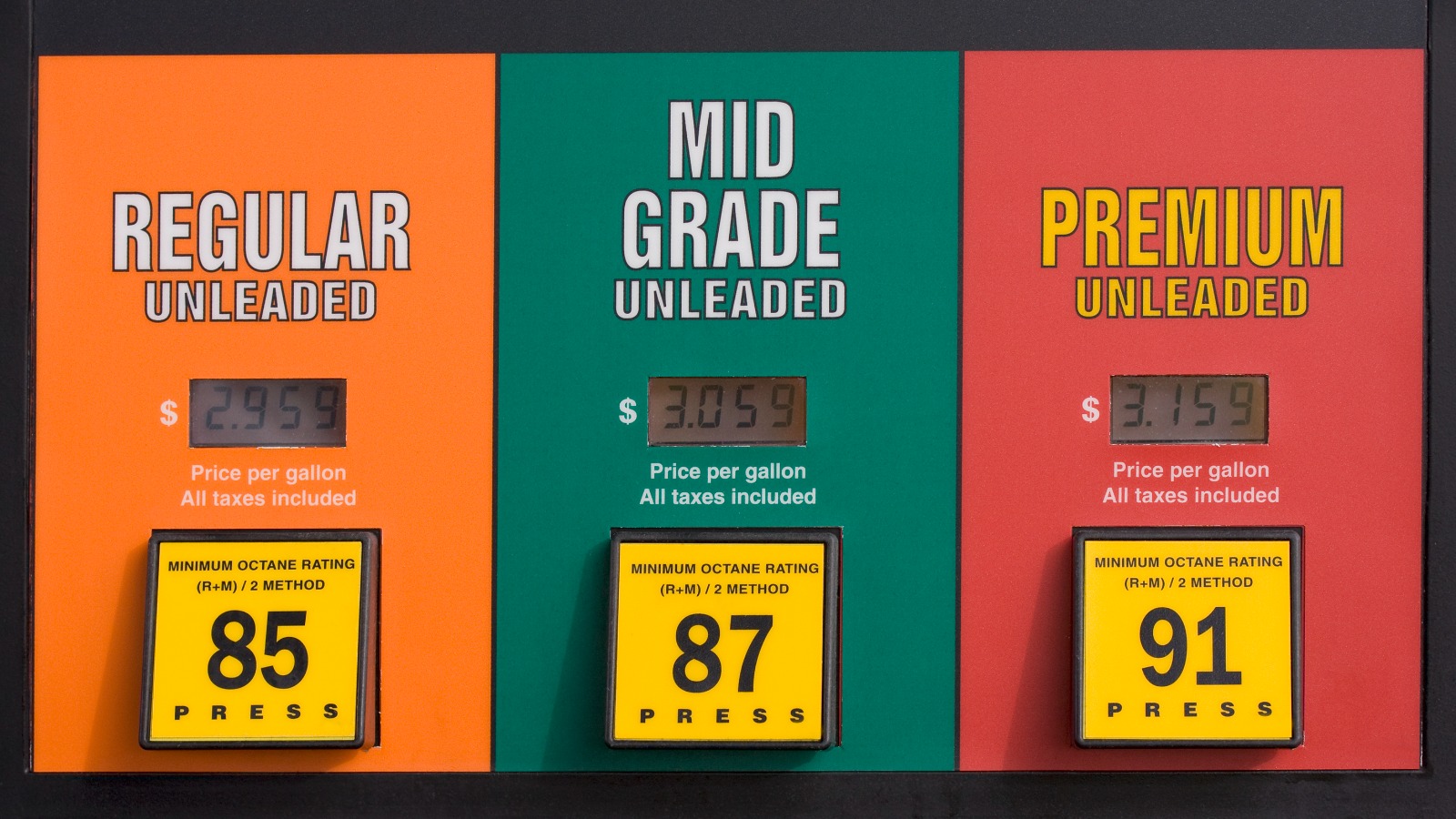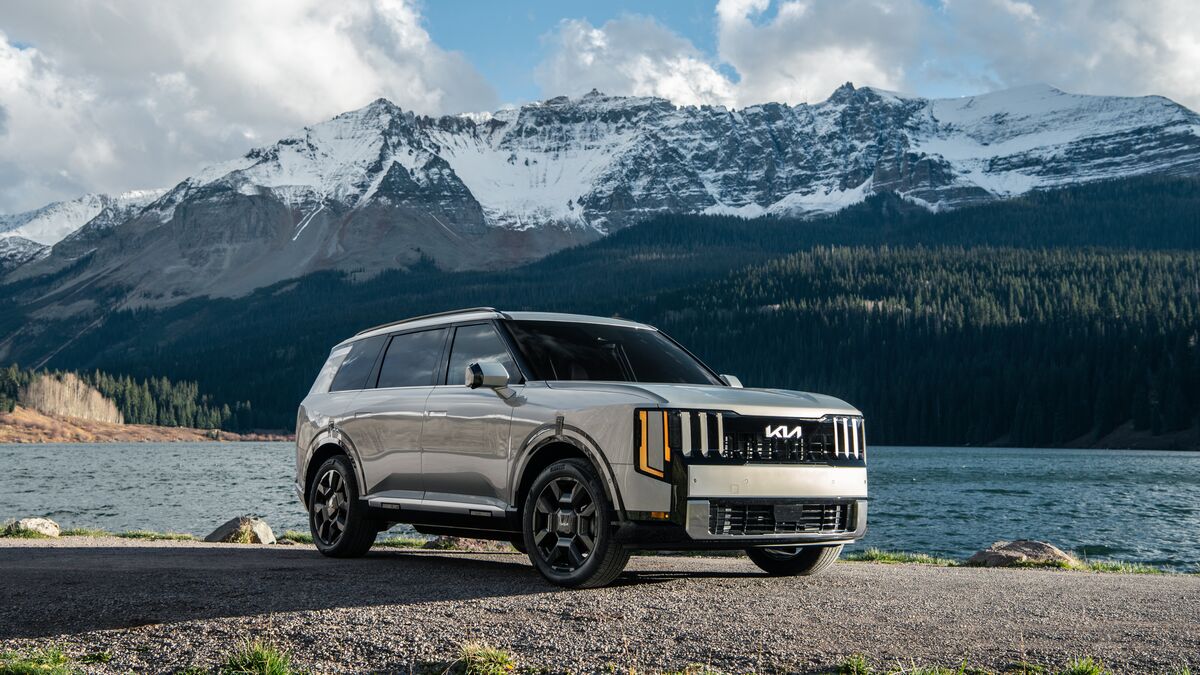Car dealers are still pessimistic about the near-term future of their business, though they had begun to feel slightly better than they did last year before possible tariffs started to dominate the news cycle.
The first-quarter edition of a major survey of car dealer sentiment finds that dealers view the current market as weak but are slightly more optimistic than they were a year ago.
Why You Should Care
Kelley Blue Book’s parent company, Cox Automotive, surveys dealers quarterly about their perspective on their industry. The results can be helpful for shoppers when gauging when to shop and how to negotiate. If you know the dealer across the table expects to sell every car with ease, you have limited negotiating power. If you know they’re nervous about their future, you may have more room to haggle.
For its first-quarter survey, Cox Automotive interviewed 969 dealerships: 530 associated with a larger franchise and 439 independent.
Researchers convert dealer answers into numerical values. A score of 50 is neutral. Scores above 50 indicate optimism, and scores below 50 show doubts.
A Big Asterisk on These Results
Researchers conducted interviews between Jan. 28 and Feb. 10. In an ordinary year, results from just over a month ago would be perfectly valid today.
But 2025 is far from ordinary. New President Donald Trump has since proposed, and twice delayed, tariffs that could raise the price of the average car by as much as $9,000. Those tariffs are currently scheduled to take effect on April 2, but dealers have no way of knowing whether they’ll be delayed again. Trump has also enacted tariffs on steel and aluminum that will raise car prices and could enact at least two other rounds of tariffs affecting the supply of new cars.
Cox Automotive Chief Economist Jonathan Smoke explains, “At the time of this survey, U.S. automobile dealers were feeling pretty good about the market.” He says, however, “Considering the administration’s current and shifting tariff stance, how long this momentum will last is unclear.”
Sentiment Rising From Historic Low
Dealers rated their view of current market conditions at 44 — pessimistic, but better than the 42 they reported at the end of last year.
The profit index — reflecting whether dealers expect to achieve a profit this quarter — sits at just 34. However, it reached an all-time low of 33 a year ago, so dealers are slightly more positive about their prospects.
Franchised dealers, with the added resources of a larger company behind them, were more positive. Their profit index sits at 41.
New vehicle sales picked up at the end of 2024, and dealers are feeling it. They rated new vehicle sales at 54, higher than last year’s 52. Used car sales earned a 45 — lower, but better than the 40 of a year ago.
“A combination of positive factors has been working in the dealers’ favor – inventory is healthy, and consumers have some urgency to buy,” notes Smoke.
Dealers were slightly more pessimistic about their prospects selling electric vehicles (EVs). They rated future EV sales at 40, suggesting they expect the EV sales market to decline from recent historic highs.
Worried About Interest Rates, Economy
Views of the U.S. economy improved slightly in the quarter, although more dealers view it as weak rather than strong. Over the past year, the view of the economy has remained stable but is much lower than pre-COVID-19-pandemic levels. The current index score is 42, indicating most dealers feel the economy is weak, compared to a score of 57 in the last pre-pandemic survey from the first quarter of 2020.
Dealers rated interest rates as their top worry. The Federal Reserve began cutting interest rates last year but pulled back in 2025 amid the uncertainty of a burgeoning trade war.
Dealers mentioned the soaring cost of car insurance as one of their top 10 worries for the first time.








